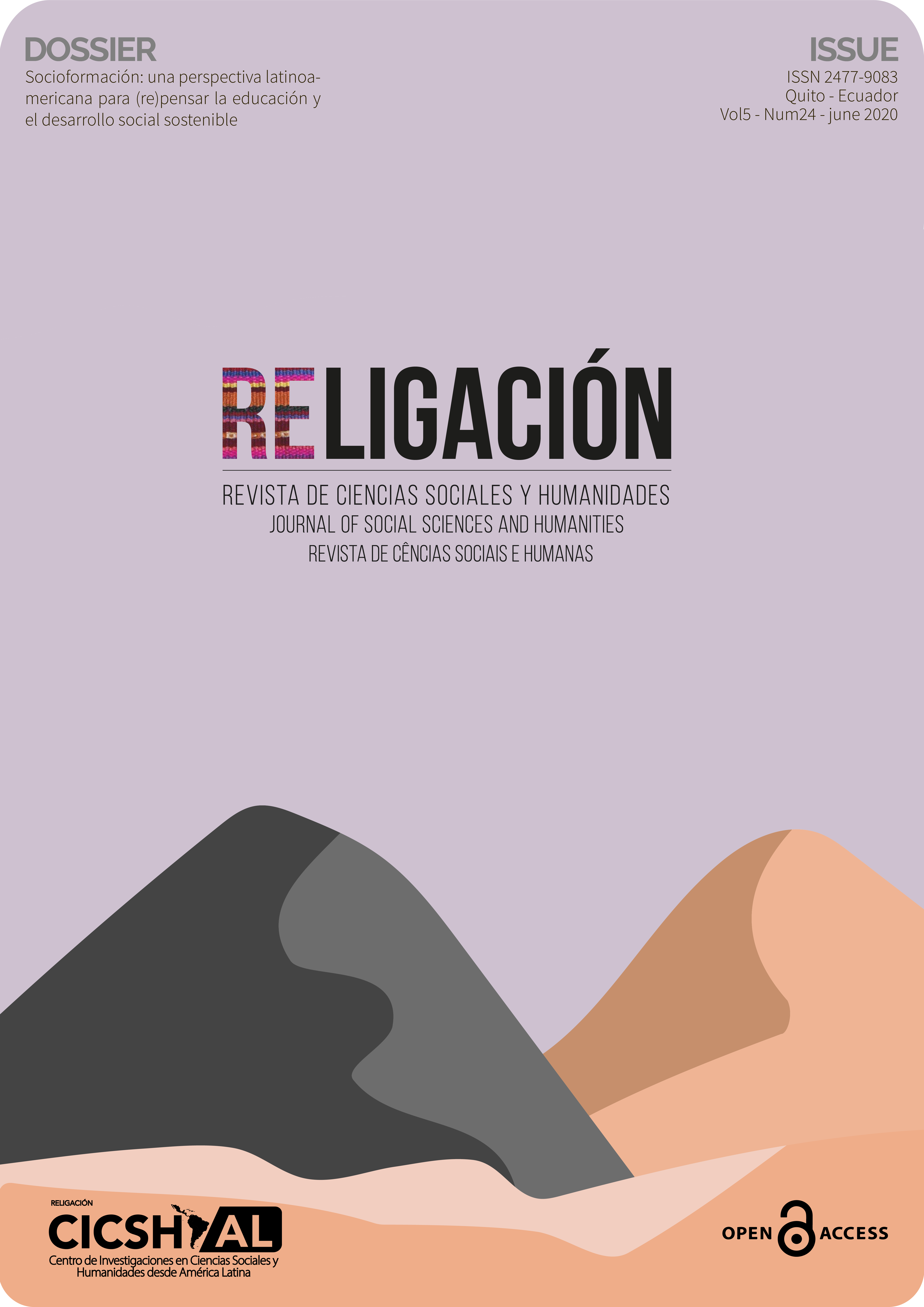
RELIGACIÓN
Yazarlar: ["Reydelinda Reátegui Guerra", "Evelyn Mery Abanto Carrión", "Cristian Gumercindo Medina Sotelo"]
Konular:-
DOI:10.46652/rgn.v7i32.912
Anahtar Kelimeler:Environment,Nature,Environmental impact,Pandemic,Covid-19.
Özet: The pandemic as a result of COVID-19 has brought great losses to humanity, mainly in public health and the economy, which faced an unannounced crisis that exposed the weaknesses of public management, structural shortcomings and the inability to respond to this type of crisis. exogenous situations. In line with the aforementioned, the world has taken a series of measures to counteract the immediate impact of COVID-19, establishing the confinement and paralysis of the industry that drives the world economy, consequently, environmental changes are evident that have served to compensate to some extent from the damage caused by the hand of man; however, the projections of the impact over time are still subject to the correct management of natural resources, especially in the stage of economic reactivation. In this context, the need to investigate the involvement of human beings in the crisis caused by SARS-CoV-2 and the expectations of environmental improvement arose, for this purpose, a review of high-impact sources that explain this problem was carried out, making a selection, classification and analysis of information, The main result was that the pause caused by the confinement has brought an improvement in air and water quality, mainly, and that it is urgent that the actions linked to the post-pandemic economic reactivation be applied within the framework of a responsible environmental policy, where a new pause is not required to demonstrate concrete changes, but rather, a sustainable use is chosen.